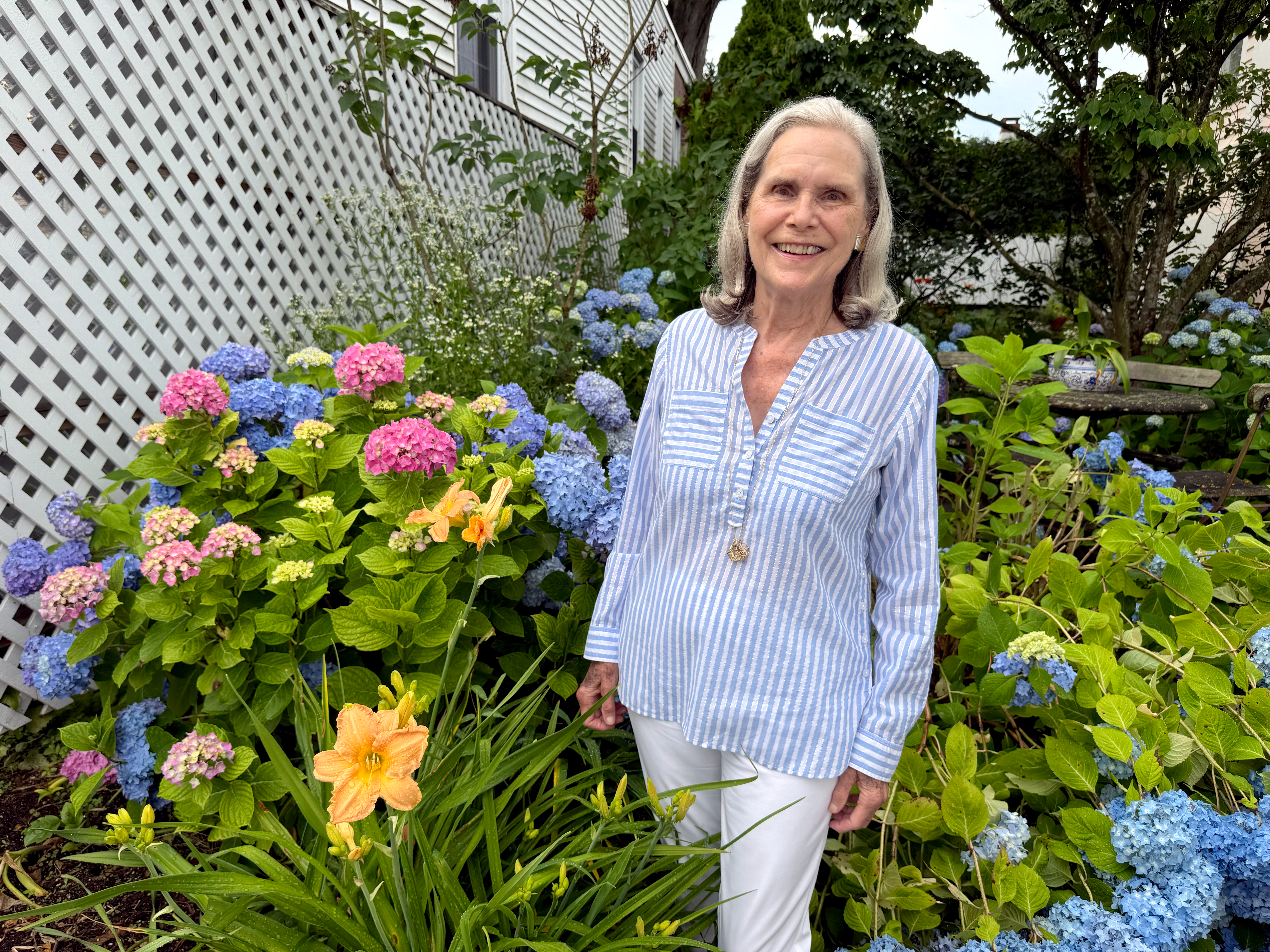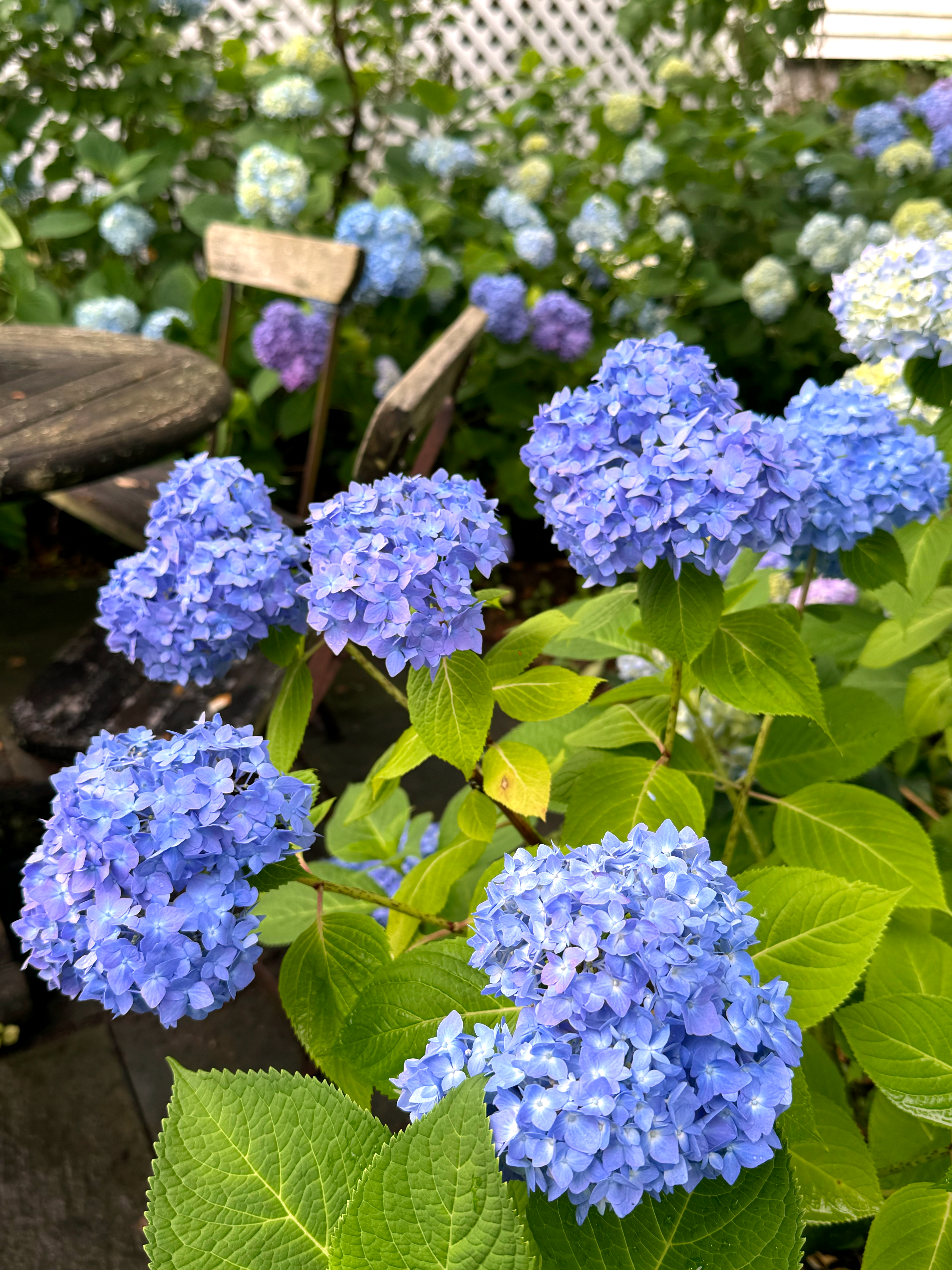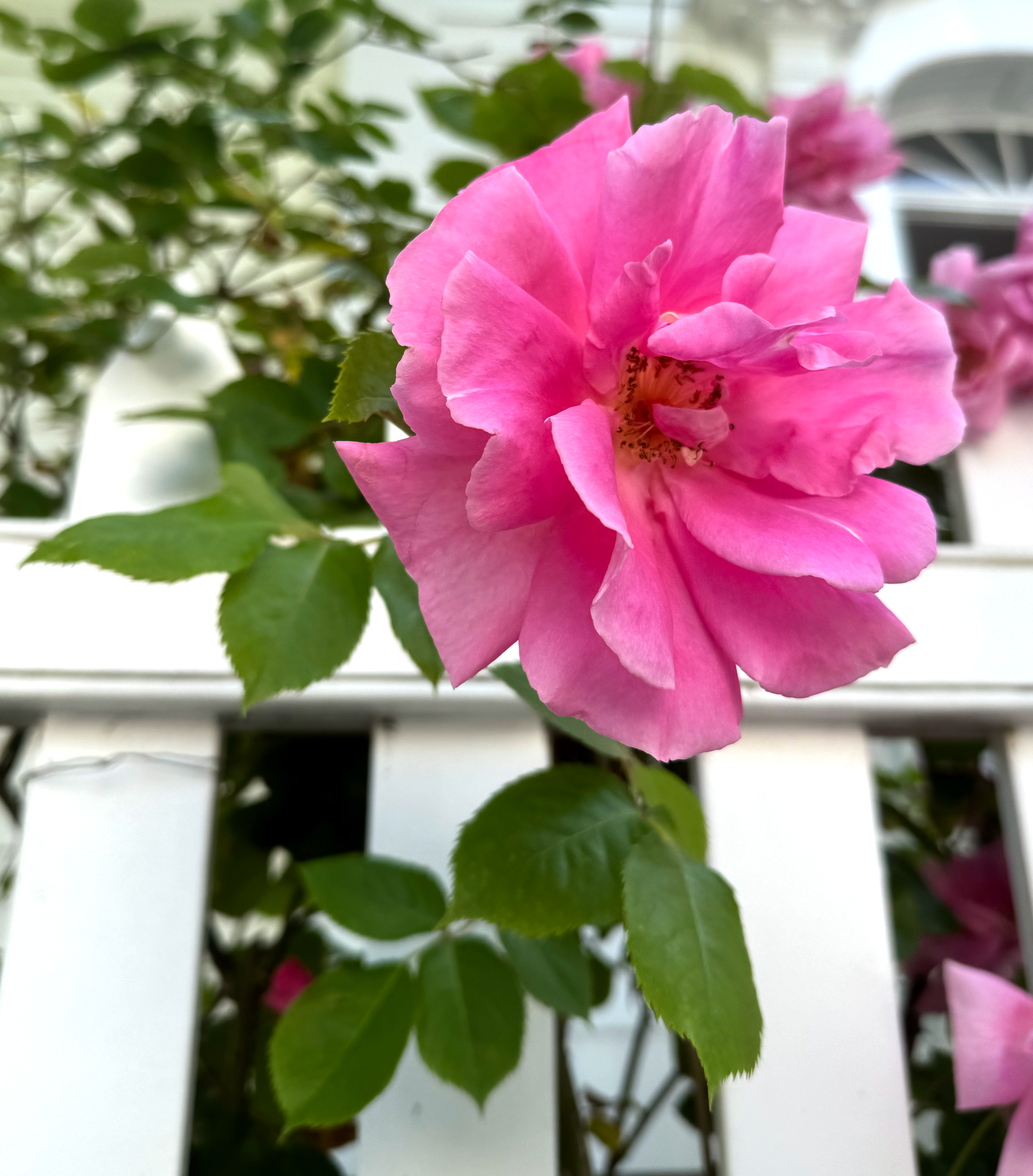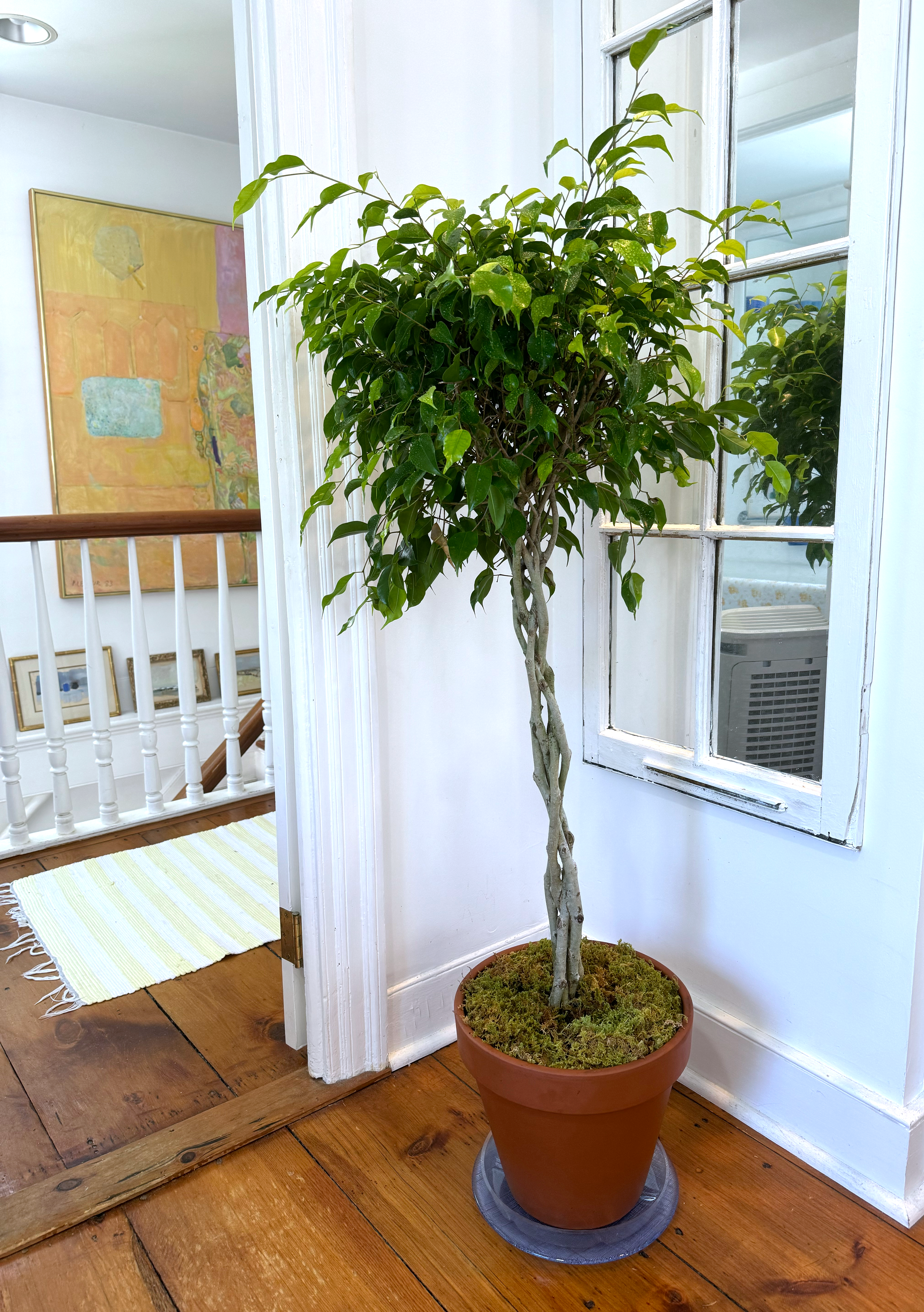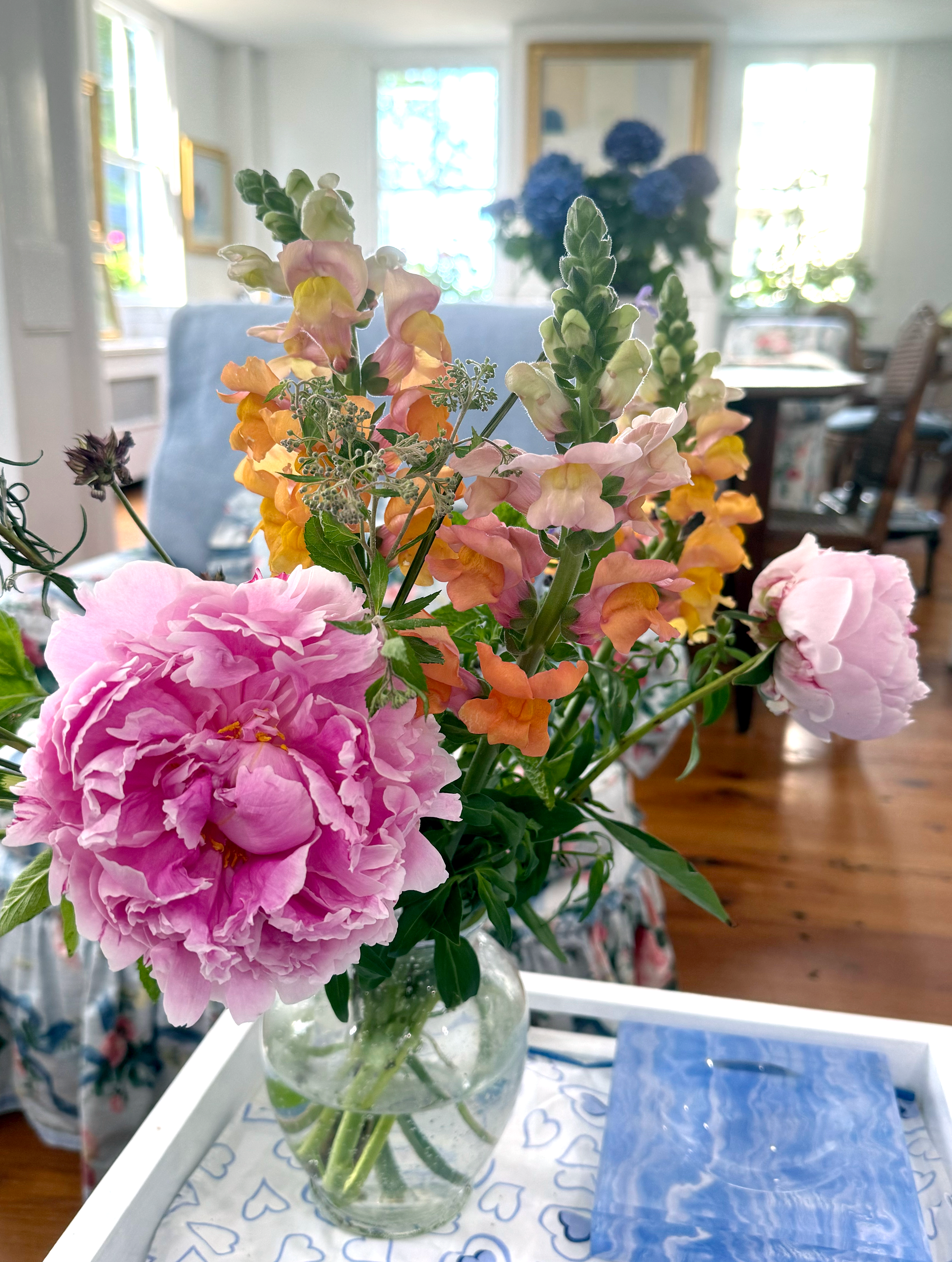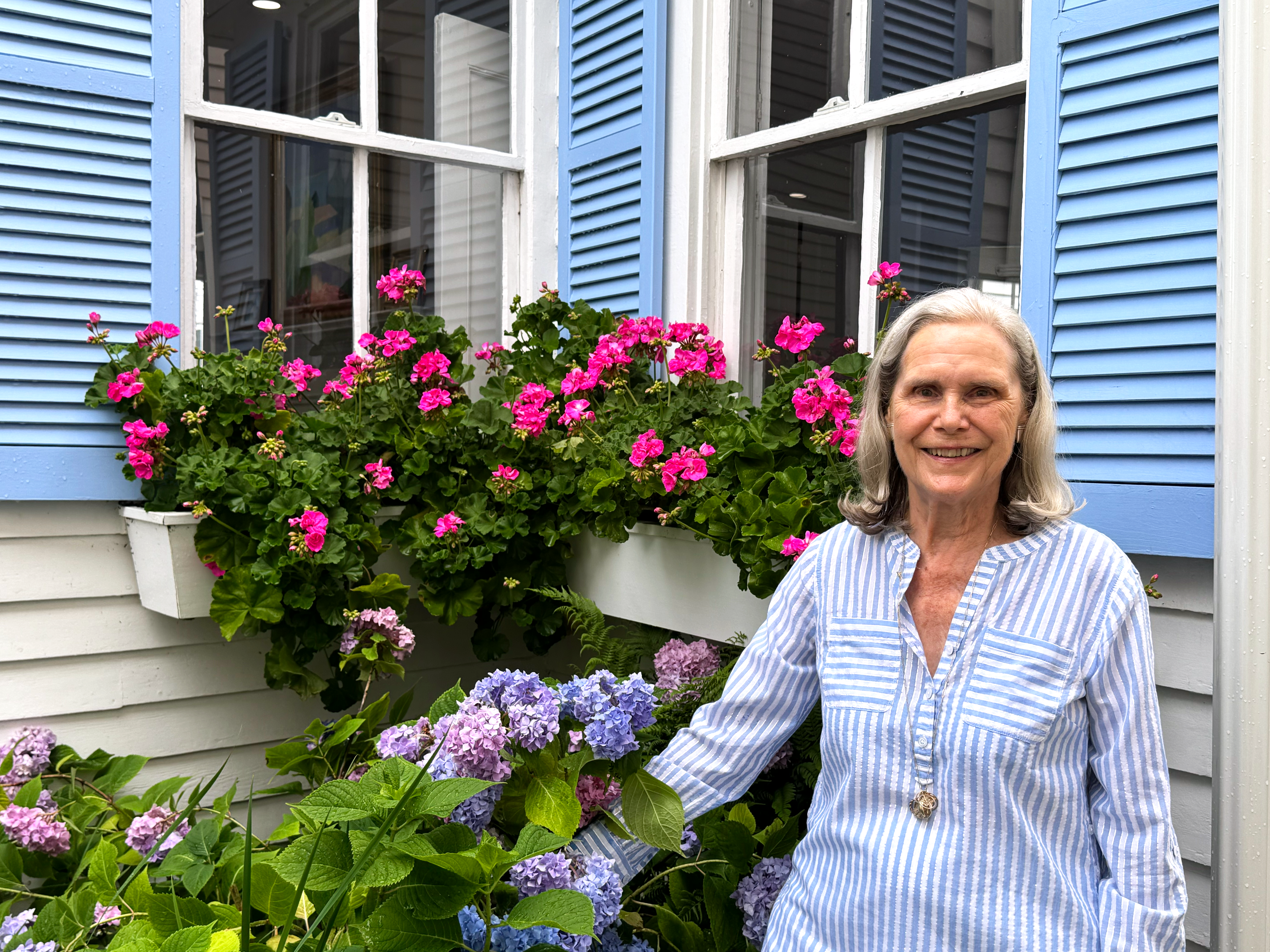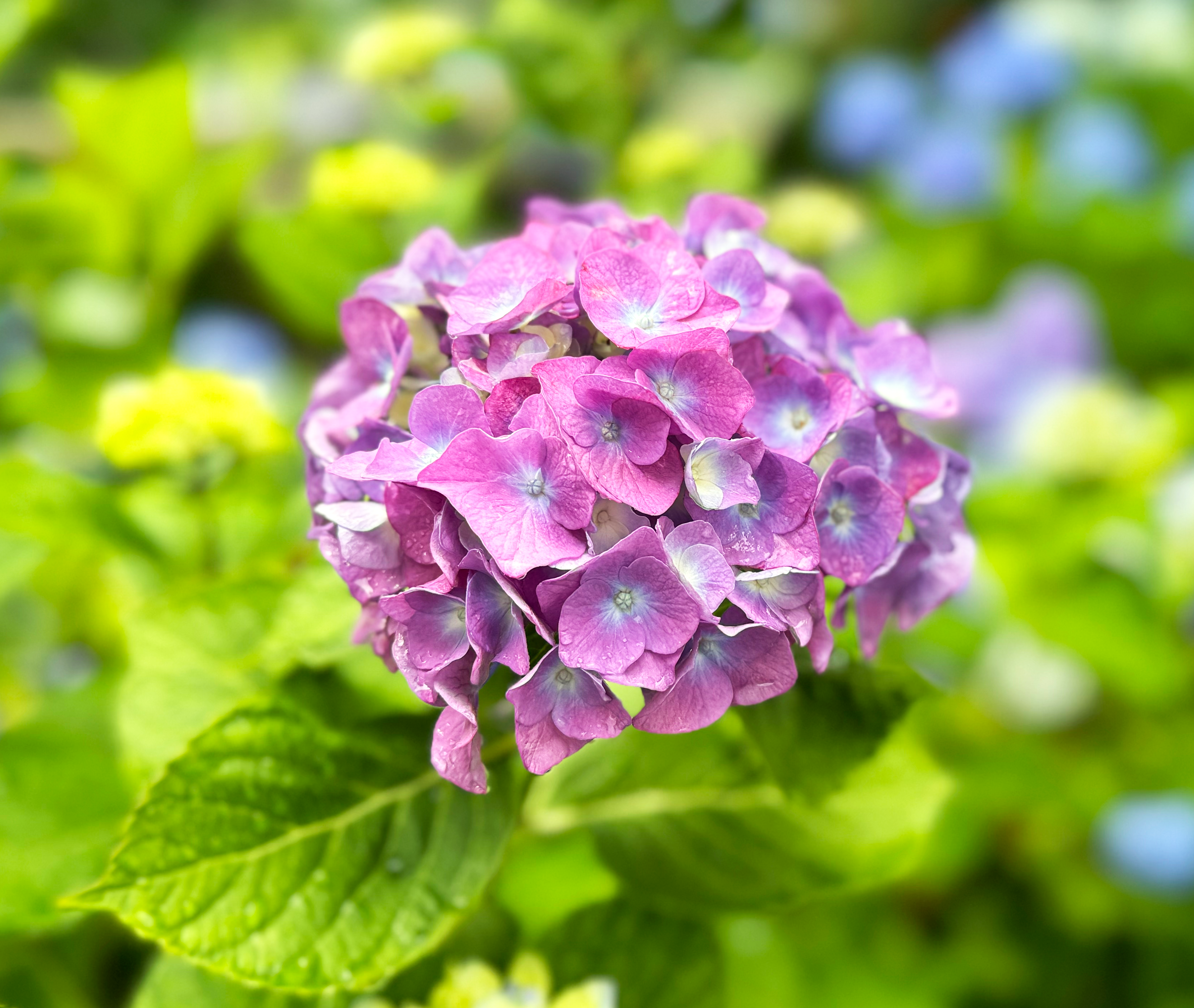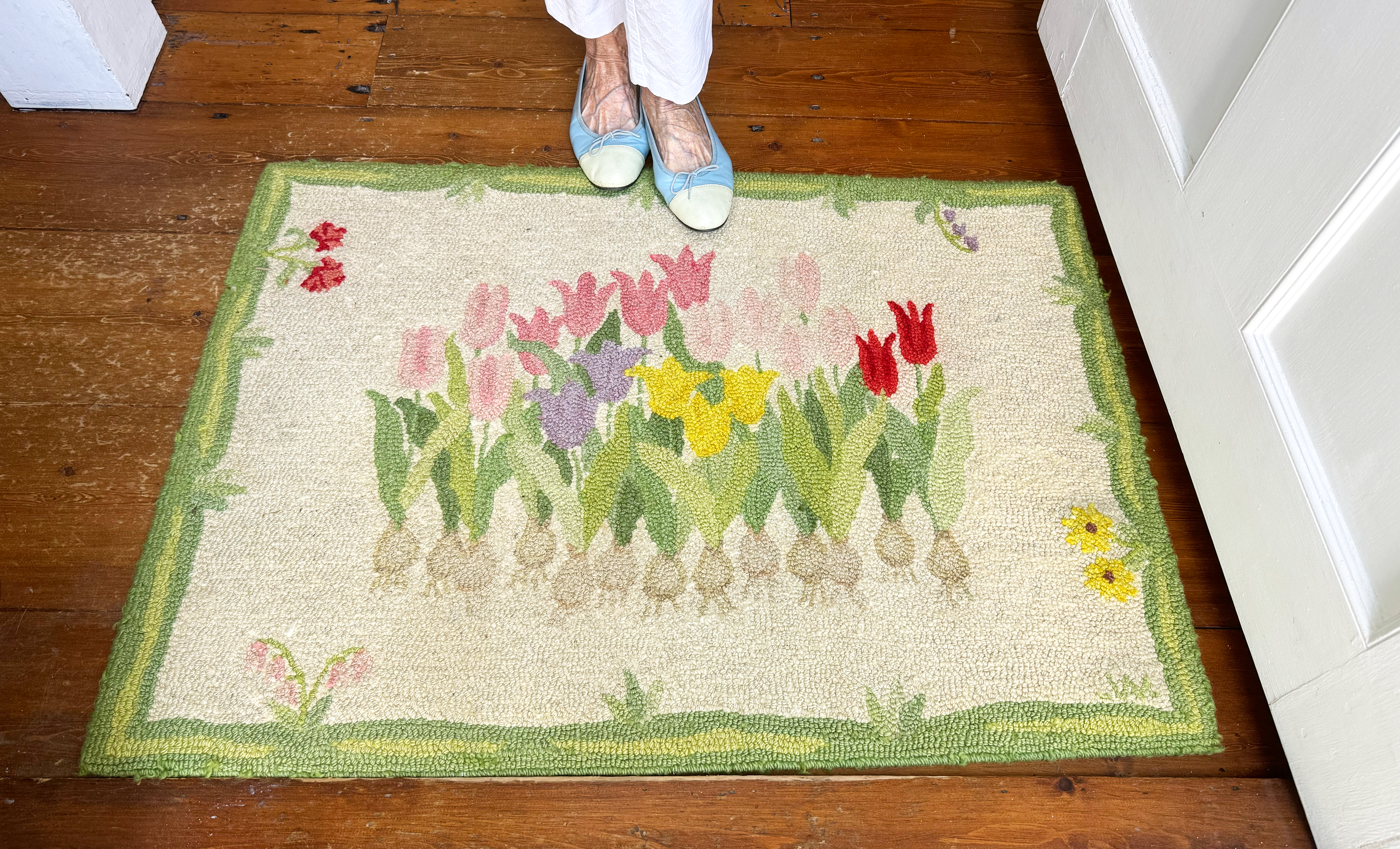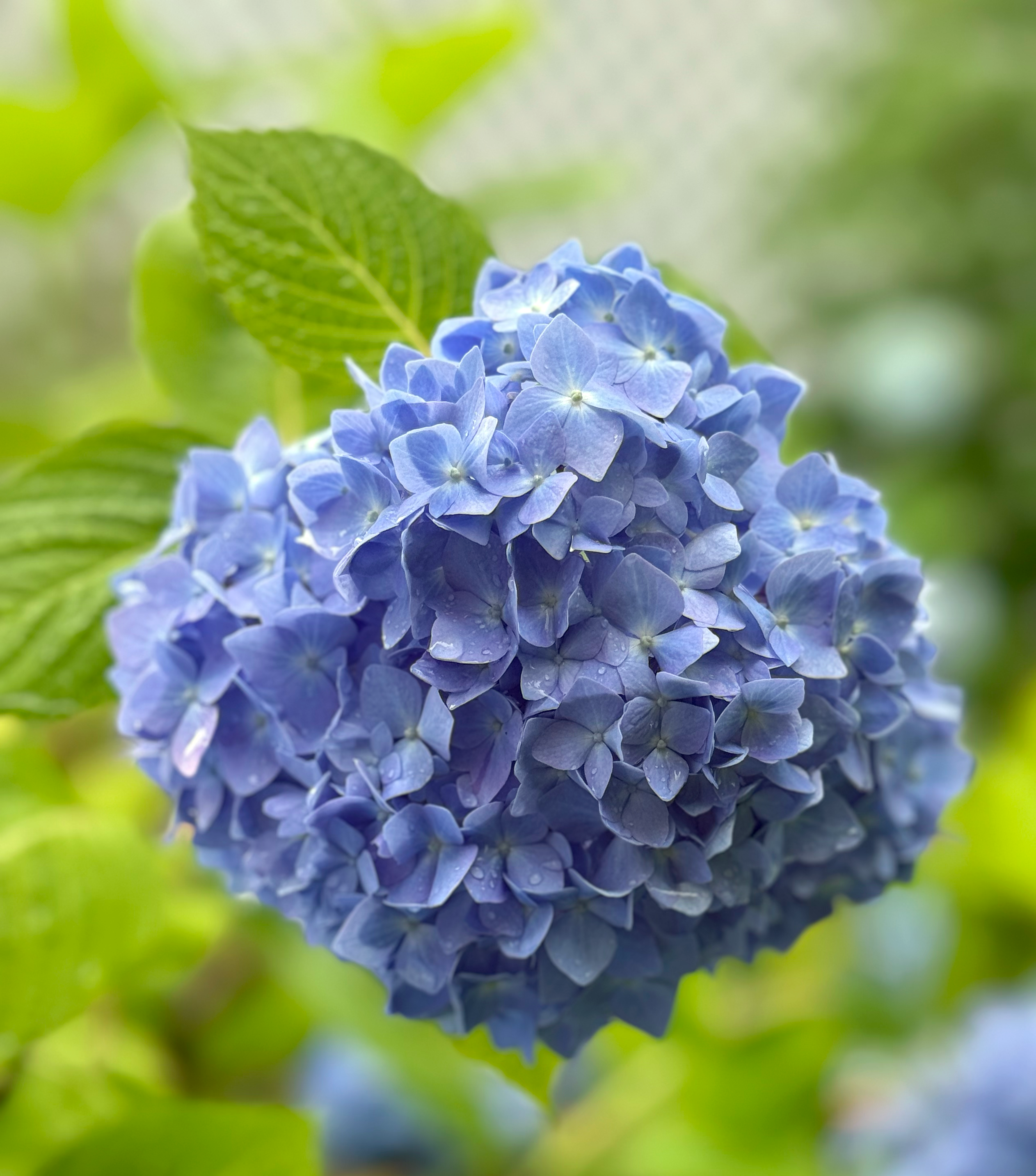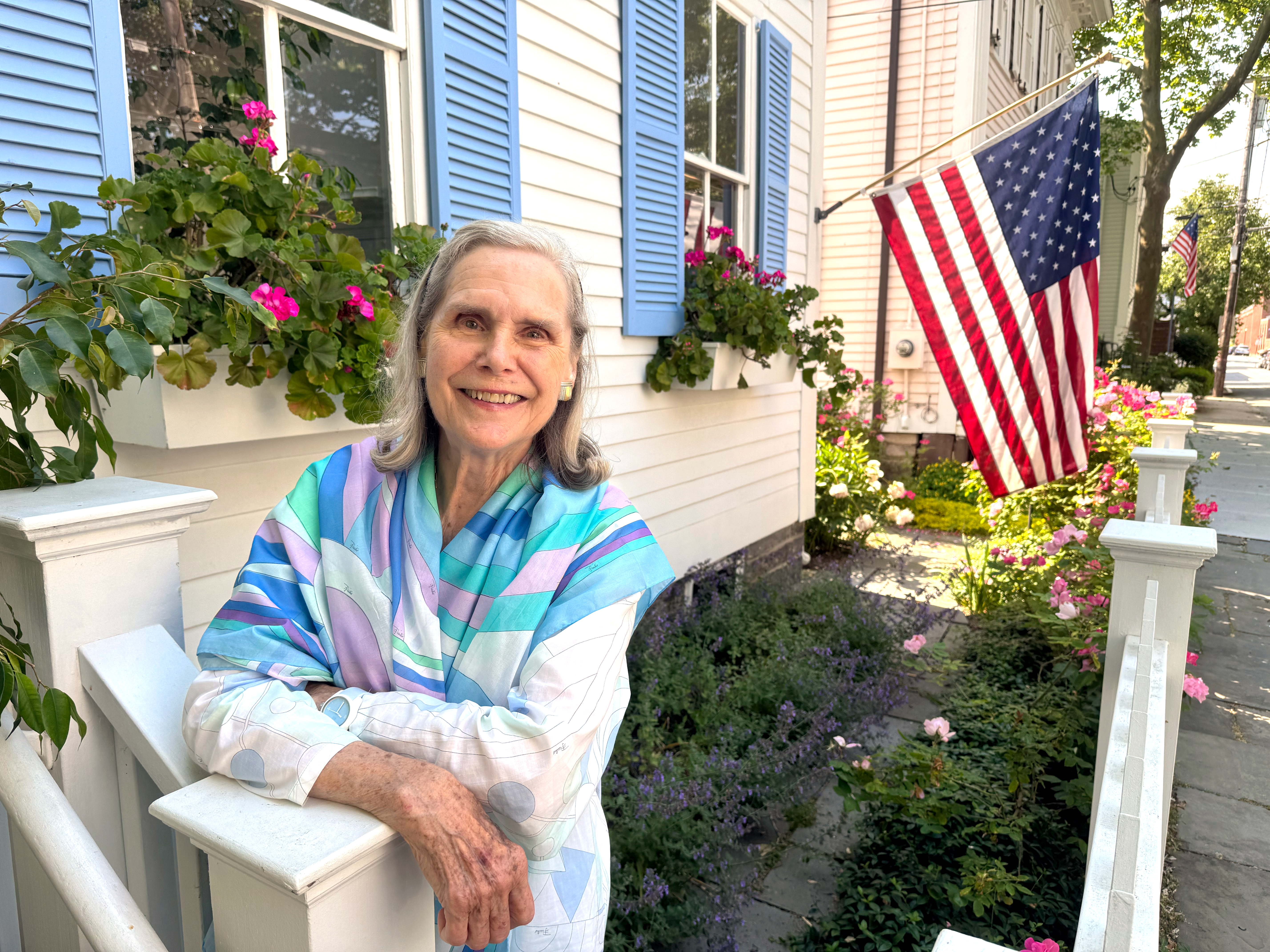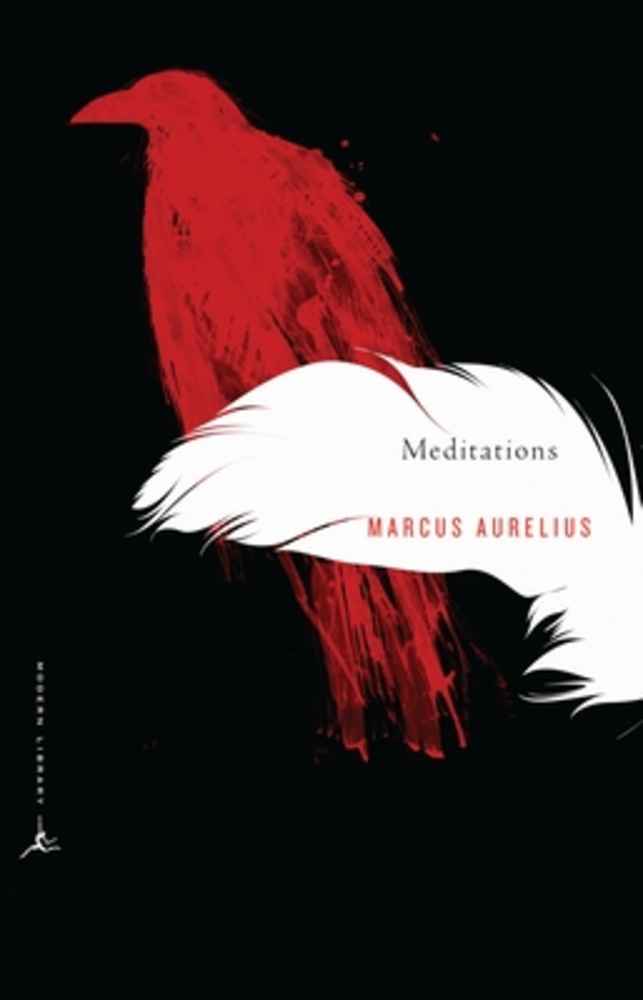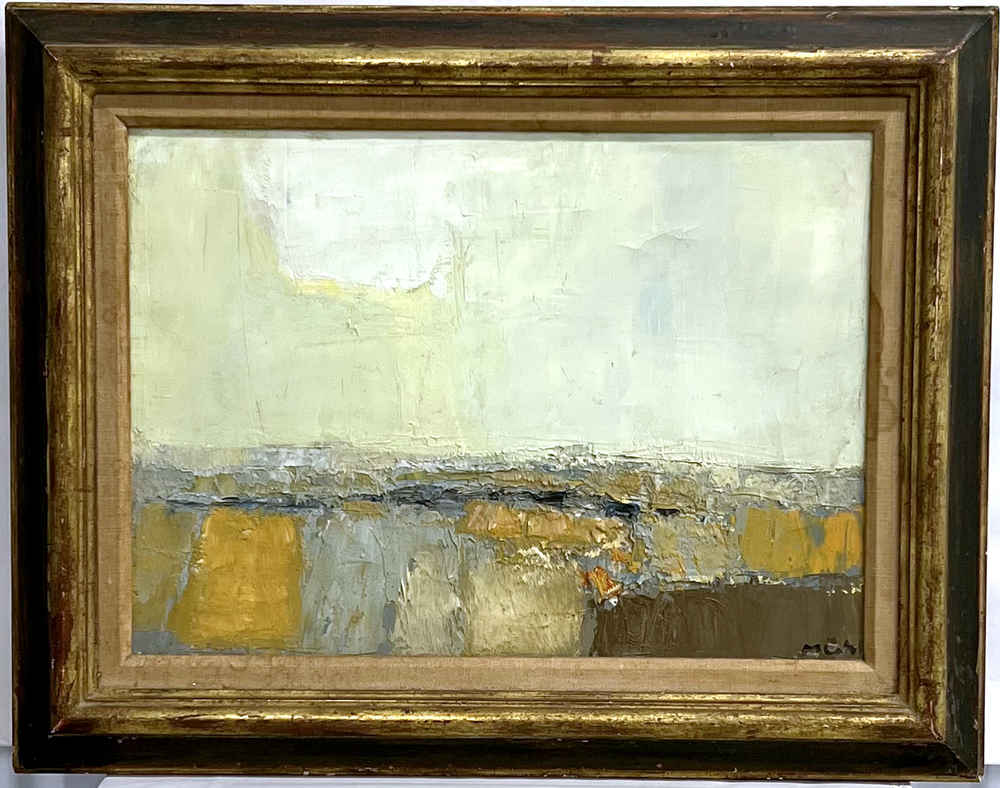AUTHOR | SPEAKER | PHILOSOPHER | DESIGNER
July 2024
“Let your aim be the good of all.” —Bhagavad Gita
Dear Friends,
Happy July! In late June we experienced the longest day of the year with the summer solstice. I’m thriving, enjoying these glorious long, light, bright days of summer’s abundant beauty.
Norma, my 97-year-old friend, called to tell me she’d just seen Ryan Holiday on television talking about his new book in the Stoic Virtues Series: Right Thing, Right Now: Good Values. Good Character. Good Deeds. His book The Daily Stoic: 366 Meditations on Wisdom, Perseverance, and the Art of Living was a bestseller featuring new translations of Seneca, Epictetus and Marcus Aurelius.
I immediately called my local bookstore, Bank Square Books, and learned that copies were being shipped from their warehouse. When a copy arrived, I picked it up and immediately felt I was keeping excellent company with a brilliant young philosopher. This message of doing the right thing for our own integrity, our own dignity, our own honor and our own moral compass is of vital importance now. We are at an inflection point in our country’s history. Unless we let conscience be our north star, we will be letting our soul’s code down.
If the First Amendment protects people who lie, when you and I know better, do we want to be a liar? We keep company with our soul 24 hours a day. Holiday reminds us that we need to be courageous to choose what is just. “Goodness has to be our goal.” All of us need to do the hard work to be in a position to help make the world a better place. “Virtue has to be our compass, goodness has to be our goal,” Holiday wrote.
Holiday has become a spokesperson for these ancient philosophers who took great pains to live exemplary lives. In order “to become the person you want to be” – decent, honorable, kind, “good and good at what you do,” you require rigorous discipline, he wrote. We train our mind and listen to our intuition by practicing a high standard of moral code that supports our values.
Peter and I shared an admiration for Marcus Aurelius, the ruler of the Roman Empire for almost two decades. His only writings are in Meditations, his random insights he kept in a notebook. This series of reflections that he called “To Himself” reveals great humanity and concerns about the human race collectively. His natural humility kept him from being carried away by his enormous power wearing the purple robes. He was shaped in the Stoic tradition. Holiday wrote in his essay “Good, Not Great” that Aurelius wrote his notebook of reminders and motivational sayings for himself because he believed it was his duty to create his own code of ethics and practice rigorous discipline in all his daily obligations.
“Remind yourself that your task is to be a good human being; remind yourself what nature demands of people,” Aurelius wrote. “Then do it, without hesitation.” Holiday concludes that Marcus Aurelius was good for so long that he became great. He wrote that Aurelius asked himself, “What is your vocation? His answer, ‘To be a good person.’”
Psychologists and a wide range of contemporary thinkers quote their best, most sustainable sources of timeless wisdom, going back to our best teachers: ancient philosophers. My passion is to study these brilliant minds in my daily practice in order to grow into becoming a better person. When we have studied their teachings, we come to understand that we need to be reminded with a regular, structured daily ritual.
Holiday is continuing the ancient wisdom that has been the foundation for most of our teachers. New translators bring ancient Greek and Latin languages into clear, clean concepts we can grasp and use in our daily lives several thousands of years later. We learn that self-improvement has played a huge role in shaping and improving society at large. In order for us to live a life with no secrets to hide, clearly “right thing, right now” is a powerful message for our current affairs.
His piece “Be an Open Book” concludes; “Let us live in a way that makes us proud. Let us act during the day in a way that allows us to sleep at night.”
An Evening Review
I’ve made a mini ritual of reflecting on my day after I retire to my bed, turn off the light and shut my eyes. Lying in my bed, I think about and evaluate my behavior and experiences throughout the day. Many philosopher-teachers have taught me that we can have all the theories imaginable, but there is no substitute for the actual quotidian experience. Lots of intelligent people have organized knowledge that is basically a set of assumptions. We assume but without absolute assurance.
We guess. We base our thinking on probability, on our beliefs, our plans and intentions for our day. We anticipate, we envision, we have expectations. It isn’t until we retire in our bed to go to sleep that we have a reliable, fact-based, firsthand knowledge of our actual day. The 18th century idealist philosopher Immanuel Kant taught that “practical reason takes primacy over theoretical reason.” The Buddha’s message, “May all beings have happy minds,” invites us to examine our thoughts and emotions in this serene evening exercise.
The main reason I initiated this evening review of my literal day is twofold. If wonderful feelings resurface, I’m graced to live them a second time in my mind. If I fell short in patience, kindness and discipline, I’m able to address my shortcomings and learn from my mistakes.
My mindfulness meditation practice encourages me to be aware of each present moment as it unfolds. In recollection, I’m able to visualize all the beauty, pleasure and grace I experienced in the passing, fleeting moments.
I ask myself: While I was physically awake, was I awakened? How aware was I of my senses? Did I experience inner peace throughout the day? How was my energy? How aware was I of the precariousness of being alive? Was I sufficiently grateful for being content, being happy, being healthy and mindful of my innumerable blessings?
How was my breathing? How often did I stay in my breath when situations became hectic? How integrated was my mind-body interconnectedness? Was I a good sport when a friend canceled a date at the last moment? Was I attentive to my friends and neighbors? Was I careful not to overextend and overdo, causing myself to rush, blocking out the full use of my five senses?
When we lie down, we’re letting go of our day. We can take a deep breath in and quietly know, “Day is done. Gone the sun.” The bugle call that sounded at night at camp was lights out. Marcus Aurelius told himself to “perform every act in life as though it were your last.” Some feel our sleeping each night is a mini death. We could even die in our sleep; we never know when it will happen. We only know that we will die. I want to be ready when my time is up.
I’ve come to love this end-of-the-day evening practice. Because I awake early, I get tired after a 16-hour day. The bedroom is so emotionally charged with intimacy; it clearly is my high altar of sacred space. When I retreat and retire early, I read until I can no longer keep my concentration and my eyes want to close. I let go. Lights out. Eyes closed.
This meditation on the 5 a.m. to 9 p.m. day is a poignant discipline as well as an effortless, relaxing unwinding. Giving space and time right away, when memories are fresh, is an excellent way to relieve what we did, how we felt and what we want to improve.
Tomorrow (Lord willing), we begin again. Refreshed. Being present, being here now, being aware of our thoughts and feelings as we breathe is a continuous challenge. This one-day review is a mini life review. It is not as important what we do or don’t do as it is how aware we were and how positive our attitude was as the day unfolded. Not every day we’re charmed with magical good fortune and exuberant vitality, pain-free and frisky. How gracefully did you handle disappointment? How did you avoid discouragement in the face of real concern? How were you able to create antidotes to avoid negative worrying that drains your energy? “What can we call our own except energy, strength and will?” questioned Goethe. Compassion for someone we love leads us to do something loving and constructive. We’re not in control of what’s happening, but we can always be useful. There will always be a situation we can make better with our knowledge and skills.
Worry tends to get us stuck. We all know it is counterproductive, but we all worry. What if? When we focus on all the ways we can choose to help, this turns our energy around in the right direction and motivates us to trust our intuition to do the right thing. Sometimes just showing up and listening is appropriate. I love to bring (or send) flowers. A handwritten note expressing our loving thoughts will be appreciated. I try to keep a selection of inspirational books I’ve found useful so I can pass on a copy to a friend. We’re always uplifted whenever we can do something we intuitively know will make someone happier, or at least feel better.
“Enthusiastic, to delight and hope.” —William Wordsworth
I hope you’ll try this regular review. We’re going to be in bed night after night. We have a practical, reasonable way to keep a pulse on our character. Patience and discipline are key to doing the right thing at the right time for the right reason. Every minute? Certainly not. Every hour? Every day? Enormous discipline and razor-sharp focus are required to develop this quality of mind. A daily life, an evening of reflections, can act as a private scorecard.
Socrates understood that an unexamined life is not worth living. Who are we? Why are we here? Do we really know and stay true to our nature? “I know nothing except the fact of my ignorance.” He famously claimed at the end of his life to know nothing. Each day we can empty our mind and ask ourselves Socratic questions. This is always a stimulating adventure into life’s greatest unsolved mysteries.
Every day is new and offers different challenges, many unexpected, some inevitable. Our only certainty is change. Emerson taught us that nothing is secure but life, transition, the energizing spirit. I’m a sponge to improve the way I think and feel. In order to focus our attention on positive, life-sustaining, uplifting emotions that will be useful to others, it’s important for us to try to stay in close touch with our attitude and feelings. “Just for tonight!”
Dear Readers, My Friends
I came across an Ann Landers column recently that some thoughtful person had sent me. I was deeply touched to read that the day after her son was buried, his mother asked Ann Landers (who died in 2002) to reprint it in memory of him. I’m blessed to have hundreds of research experts sharing articles, books, insights, quotations and humor.
Because of my nighttime review, when I came across “Just for Today,” I felt it was appropriate to share this message from a well-known columnist who has helped millions of readers over the years. When we take one day at a time, being mindful and doing our best, no matter what the task, what goes around comes around.
Dear Ann Landers,
Our wonderful son, only 20, was buried yesterday. He died of leukemia after a valiant fight that lasted five years. In his wallet we found an Ann Landers column. It was yellow with age, but the message was beautiful. Will you please run it again? Our son would have liked that. Thanks, Ann, and bless you for all the strength you have given people. —A Mother
Dear Mother: Here it is, along with my condolences. It’s one of my favorites, too.
JUST FOR TODAY—I will live through the next 12 hours and not try to tackle all life’s problems at once.
JUST FOR TODAY—I will improve my mind. I will learn something useful. I will read something that requires effort, thought and concentration.
JUST FOR TODAY—I will be agreeable. I will look my best, speak in a well-modulated voice, be courteous and considerate.
JUST FOR TODAY—I will not find fault with friend, relative or colleague. I will not try to change or improve anyone but myself.
JUST FOR TODAY—I will have a program. I might not follow it exactly, but I will have it. I will save myself from two enemies—hurry and indecision.
JUST FOR TODAY—I will exercise my character in three ways. I will do a good turn and keep it a secret. If anyone finds out it won’t count.
JUST FOR TODAY—I will do two things I don’t want to do, just for the exercise.
JUST FOR TODAY—I will be unafraid. Especially will I be unafraid to enjoy what is beautiful and believe that as I give to the world, the world will give to me.
Just for today, let’s all live a beautiful life. This, as we all know from our own experiences, is in our control. This is a wonderful “program,” as mentioned in the column!
Driving Miss Daisy
For whatever reason, I never saw this incredibly poignant, beautifully acted movie in a movie theater. I’ve seen it several times on television on the Turner Classic Movies channel on my small screen. The United Theatre in Westerly, as I’ve mentioned, has classic “rewinds.” Coincidentally, on a hot, humid Juneteenth Wednesday, I persuaded a friend to go with me. My enthusiasm was palpable, and the air-conditioning was a big draw. We went. Tears were shed. After the movie, we went to the Café that is part of the theater lobby and had a refreshing, cool drink at the bar to talk about what we just experienced as if for the first time.
My friend was 50 when he saw Jessica Tandy and Morgan Freeman come to life on the big screens in 1989. The message of this unlikely union of a well-off Jewish widow and a Black man in need of work in the late ’50s and ’60s in the Deep South, dealing with issues of race, independence, integrity, dignity and humanity, was masterfully portrayed.
The two characters were conscientious, honest, decent good people who against all odds were thrown together, and their being together on a daily basis built mutual trust and companionship. They grew to love each other, something we all can relate to at any age. We’re never too old to open our hearts.
It was a blessing to have this movie show up on that sultry day in June and be able to share in our tender feelings when we’re both in our 80s. Seeing these two actors on Juneteenth, on the big screen, moved us deeply. We both realized our vulnerabilities and could relate to the aging process of this love story. Friendship is so important, especially when we share meaningful experiences.
A Chorus Line
Whenever I’m in a car, no matter what direction we’re headed or who I’m with, invariably one of us will mention how lucky we are to live in such an incredibly beautiful, culturally rich part of the United States. In the summer months, we have musicals to delight us at Theatre by the Sea in nearby Matunuck, Rhode Island. When I lived in Manhattan, going to Broadway plays and musicals was a taxi (and a price tag) away. I am so happy to be able to continue this love of theater while living in the country. Recently I’ve had the great pleasure of going to two matinee performances of A Chorus Line on two consecutive Saturdays.
I have season tickets with one friend. We had lunch at the Matunuck Oyster Bar a few minutes from the theater’s matinee performance, and after the play we arrived back in Stonington Village to go to a string trio concert.
Another friend and I had a hot date for the following Saturday before she left for the Cape for a family reunion. Alice left me a voice message that she’d love to go to A Chorus Line and have an early dinner at (you guessed it) the Matunuck Oyster Bar. I was delighted to have an excuse to see the show again because it’s so much fun. With live theater, every experience is fresh and new, and when it’s a favorite musical, a real treat. Undaunted that it was Father’s Day weekend and the mutually favorite restaurant was fully booked, we arrived with low expectations and ended up having a wonderful meal. Our dinner and the whole afternoon on a glorious sunny summer day were sublime.
I’m so glad I saw A Chorus Line again. Marvin Hamlisch’s music is a delight to hear with the lyrics by Edward Kleban. “What I Did for Love.” The musical, with a company of 26, takes place at a Broadway theater at an audition in 1975 and is based on the lives and experiences of dancers. Throughout the musical, the audience learns about their personal history, and we bond with the different characters.
The professional life of dancers is relatively short, and the question — what will you do when you can no longer dance? — is unthinkable. I became emotionally involved with several characters who didn’t make the final eight. Watching it a second time, I learned more stories that were poignant and left the theater uplifted. Their collective energy and the echoes of the enjoyment a week earlier gave me a most welcome boost. For two and a half hours, the entire cast was singing and dancing their hearts out, definitely enjoying themselves as they entertained us.
“Energy is Eternal Delight.” — William Blake
July’s Birthday Celebrations
There is lush beauty surrounding the cottage, the entire village and everywhere one looks. Nature’s masterpiece is everywhere. We feast our eyes and pause to feel the sun’s warmth on our back and the gentle breeze with its subtle salty scent. These sensual moments that bring us the intense joy of living are in season, and all we have to do is show up and enjoy the splendor of these precious summer days.
I’m so stimulated and exhilarated by these pleasures we all have available to us. Wherever we are, whomever we’re with, we’re learning and enriching each other’s journey.
At the end of June, we had a family reunion celebrating the college graduation of the twins (Nicholas and Anna, my 22-year-old grandchildren) and the rare gift of spending time together, relaxing in a vacation mood and spirit. Lily (20) just returned from Florence, where she’s been since early January.
July is here in full force. Happy Fourth of July, our country’s birthday. I love that we are collectively celebrating our beloved country.
Live to the hilt. I’m grateful to you all for all you bring to my life.
Love & Live Happy,

Books to Read or Reread This Summer
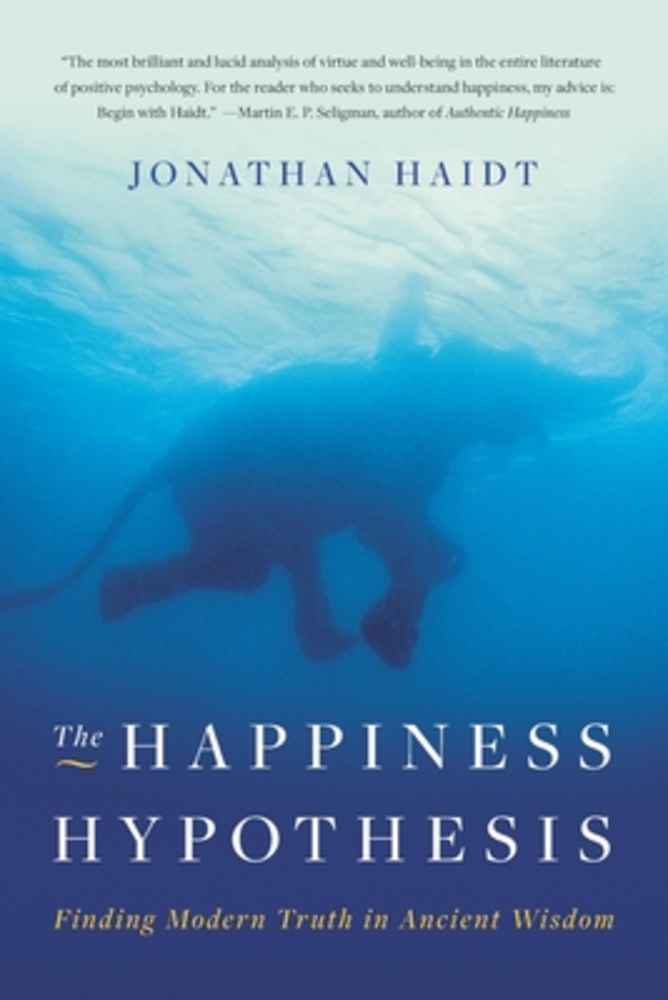
The Happiness Hypothesis: Finding Modern Truth in Ancient Wisdom
by Jonathan Haidt
Books to Read or Reread This Summer
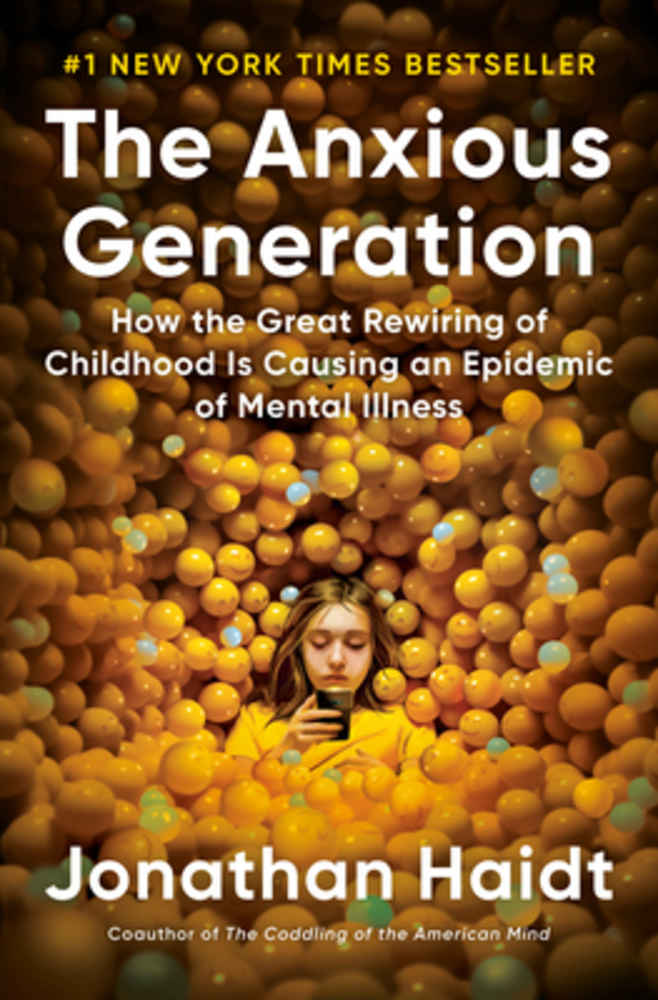
Books to Read or Reread This Summer
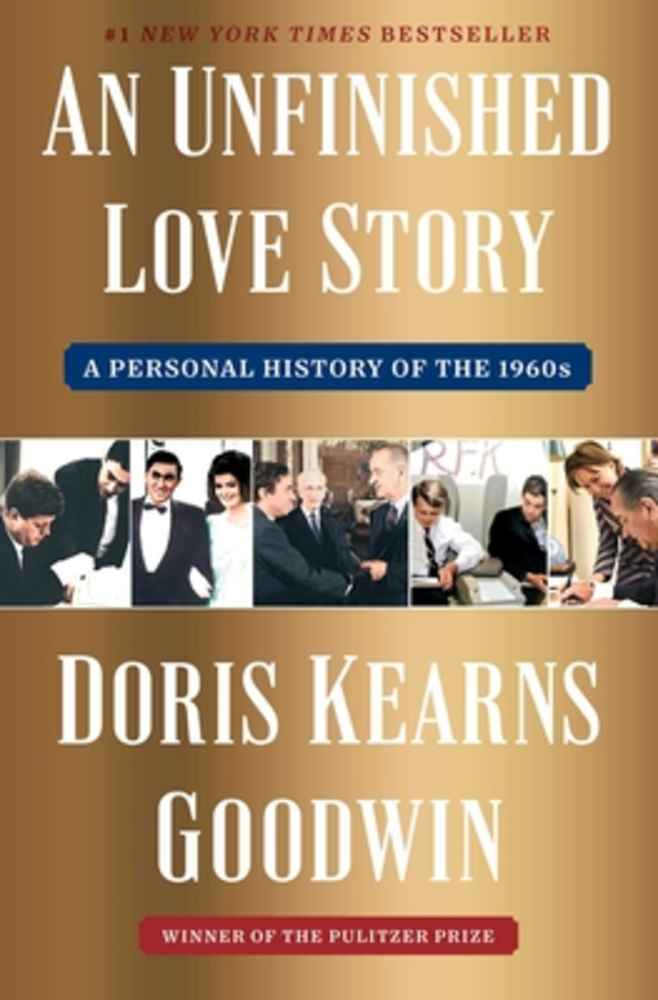
An Unfinished Love Story: A Personal History of the 1960s
by Doris Kearns Goodwin
Books to Read or Reread This Summer
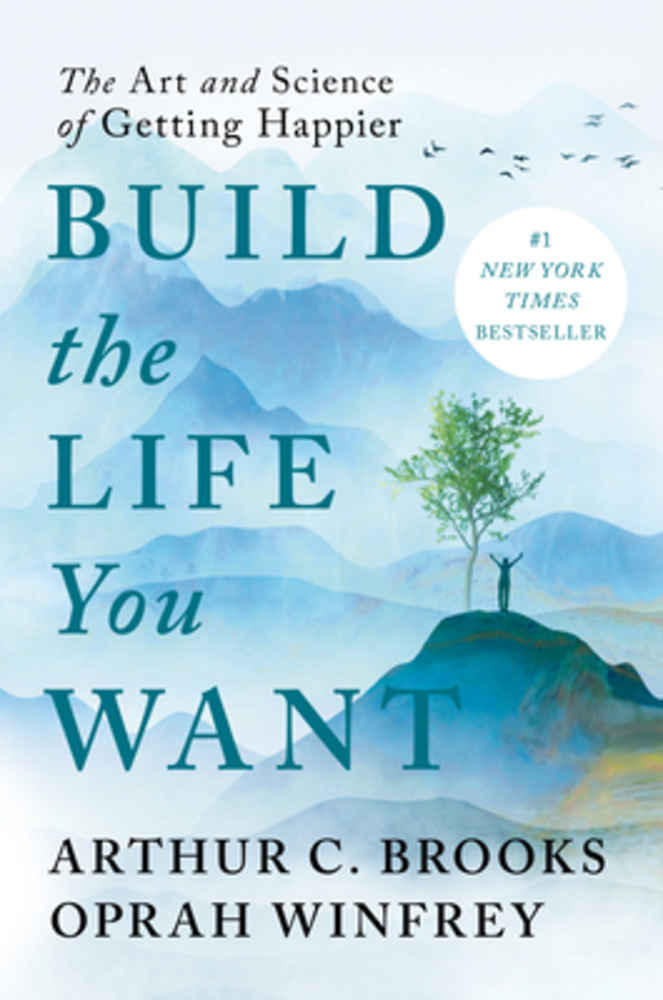
Build the Life You Want: The Art and Science of Getting Happier
by Arthur C. Brooks and Oprah Winfrey
Books to Read or Reread This Summer
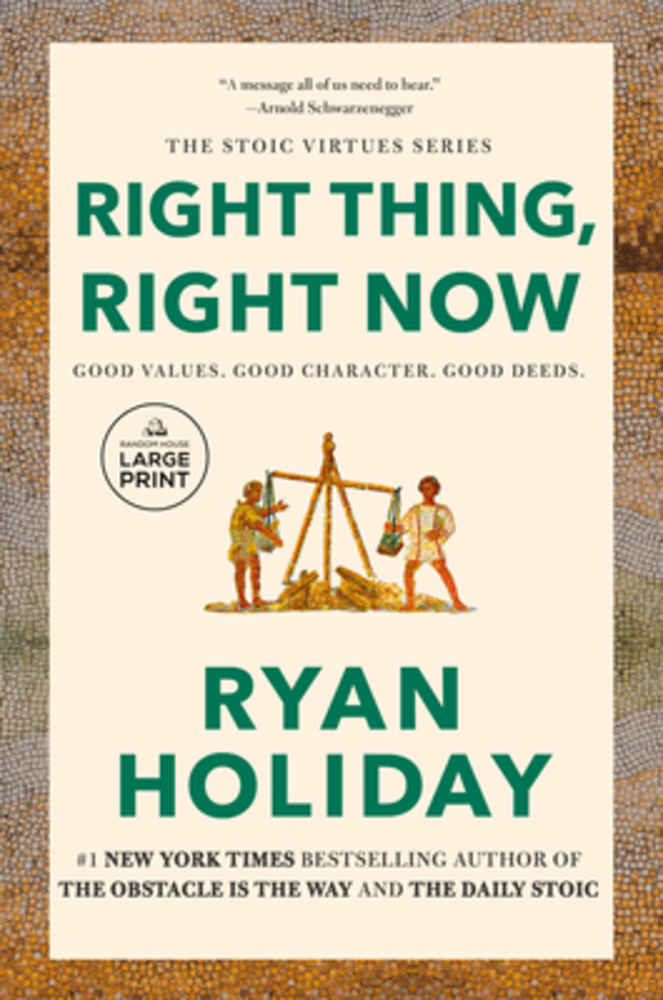
Right Thing, Right Now: Good Values. Good Character. Good Deeds.
by Ryan Holiday
Elissa took this video of my garden after a rainstorm. (Click the link to watch it.)
This month, I'm letting go of an oil painting by Roger Mühl if anyone is interested in adding it to their art collection. Please contact Pauline at Artioli Findlay (pf@artiolifindlay.com) for more information.
Roger Mühl (French, 1929 - 2008)
Ciel et terre
Oil on canvas
13 ¾ x 18 in
Signed lower right, "Mühl"
Painted 1963
This early Roger Mühl painting influenced by the Impressionists has a charming light-filled sky over the rich French Landscape in earth tones.

